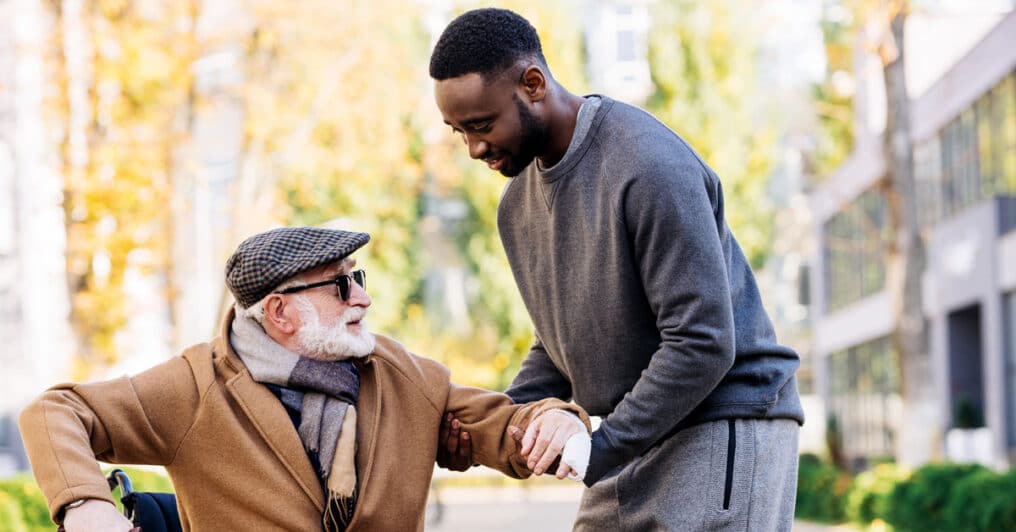We’re all taught from childhood that it’s important to be kind to others. We even call it “the golden rule” – treat others as you would like to be treated. When you get into your elder years, how would you like to be treated? Chances are, you’d like to have your basic needs, like housing, mobility, hygiene, nutrition, and socialization, met and cared for. So why are the needs of the vulnerable senior population so often neglected?
The Harsh Reality: Struggles Faced by Vulnerable Seniors
The reality is, frankly, horrifying. Seniors without somebody to care for them are often low-income, struggle to afford and execute personal and medical care, have limited mobility, and have little social interaction. It’s not just a low quality of life; it’s no way to live at all. Nobody deserves to live without having their basic needs met simply because they outlived their loved ones or otherwise became estranged from their families.
Care Aides: Supporting the Elderly in Their Time of Need
Some people naturally feel a pull to help people in this situation. Their caring personalities lead them to pursue careers supporting the elderly, becoming the caretakers, advocates, and friends that these seniors so desperately need. There are few more admirable or noble career choices.
In addition to assisting the elderly with their feeding, hygiene, and physical movement, health care aides and community support workers serve as emotional supporters and friends. They play the critical role of being a senior’s social network.
The Power of Social Interaction for Seniors’ Health and Well-being
It’s easy to underestimate the value of having somebody to talk to when it’s not missing from your life, but the social interaction that we take so for granted is one of the most important factors in a person’s quality of life. Even just being present as a listening ear, or telling stories from one’s own life, can have a significant positive impact on a senior’s mood, happiness, and well-being.
Studies have shown that social interaction is critical for everybody’s mental and physical health, but especially so for seniors. Social relationships are consistently associated with biomarkers of health, such as lower levels of interleukin-6, a factor in many common age-related disorders such as Alzheimer’s disease, osteoporosis, arthritis, and some types of cancer.
The Dark Side of Loneliness: Health Consequences of Social Isolation
In contrast, feelings of loneliness have a significant negative impact. People who are lonely frequently have elevated systolic blood pressure and loneliness is a risk factor for symptoms of depression. And social isolation – especially in older adults – is a major risk factor for morbidity and mortality. Having a social support system can literally be the difference between life and death.
Rewarding and Impactful Careers: Become a Health Care Aide or Community Support Worker
The elder care line of work isn’t for everybody. It requires the strength to face the harsh realities of life, with all of its good and bad, on a daily basis. But it is important, meaningful work that makes an undeniable impact. The elderly need somebody to care for them. Could that person be you?
Contact ABES College today to learn more about our senior care programs. We’re here to help you make a difference.
Blog updated 2024-04-09

